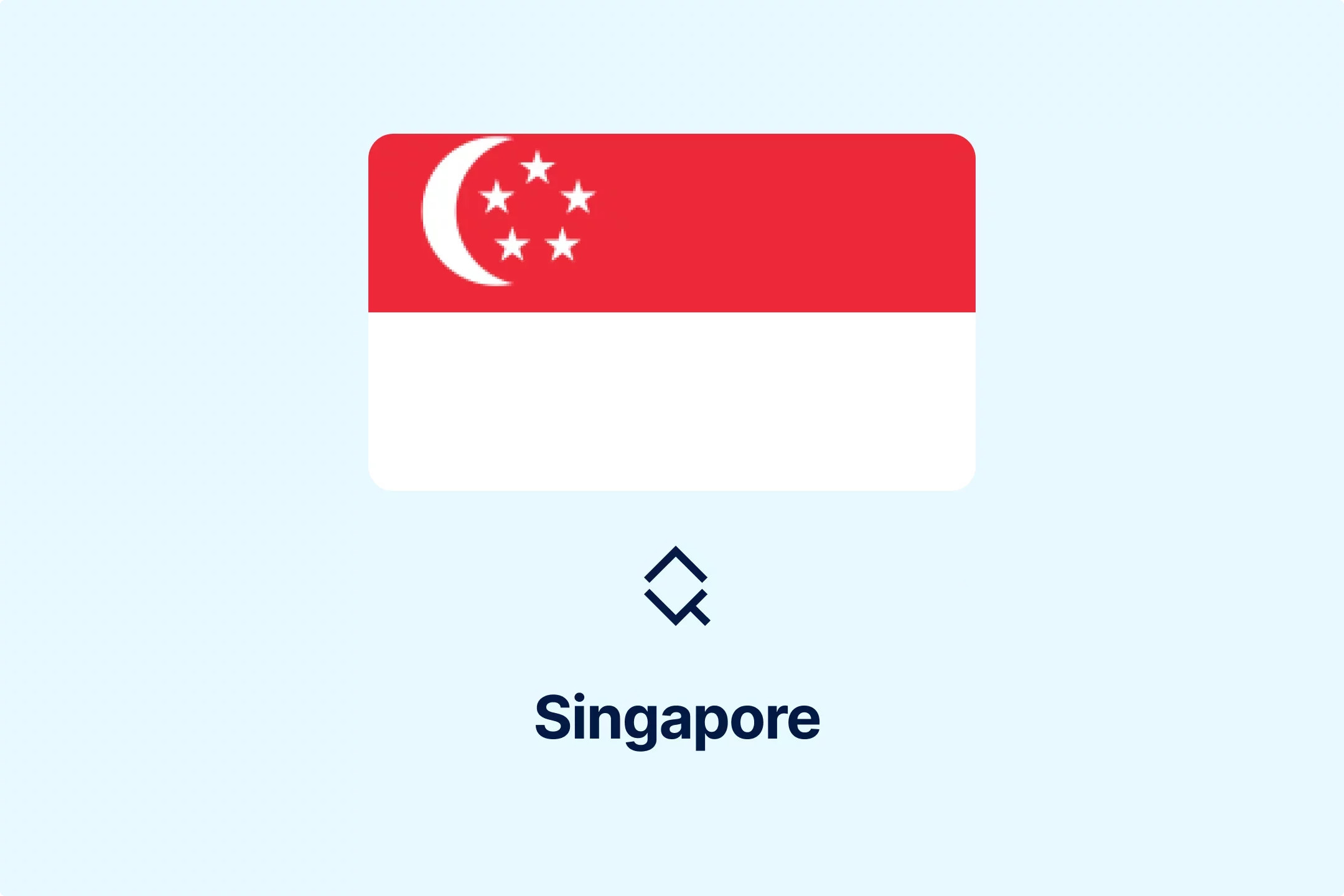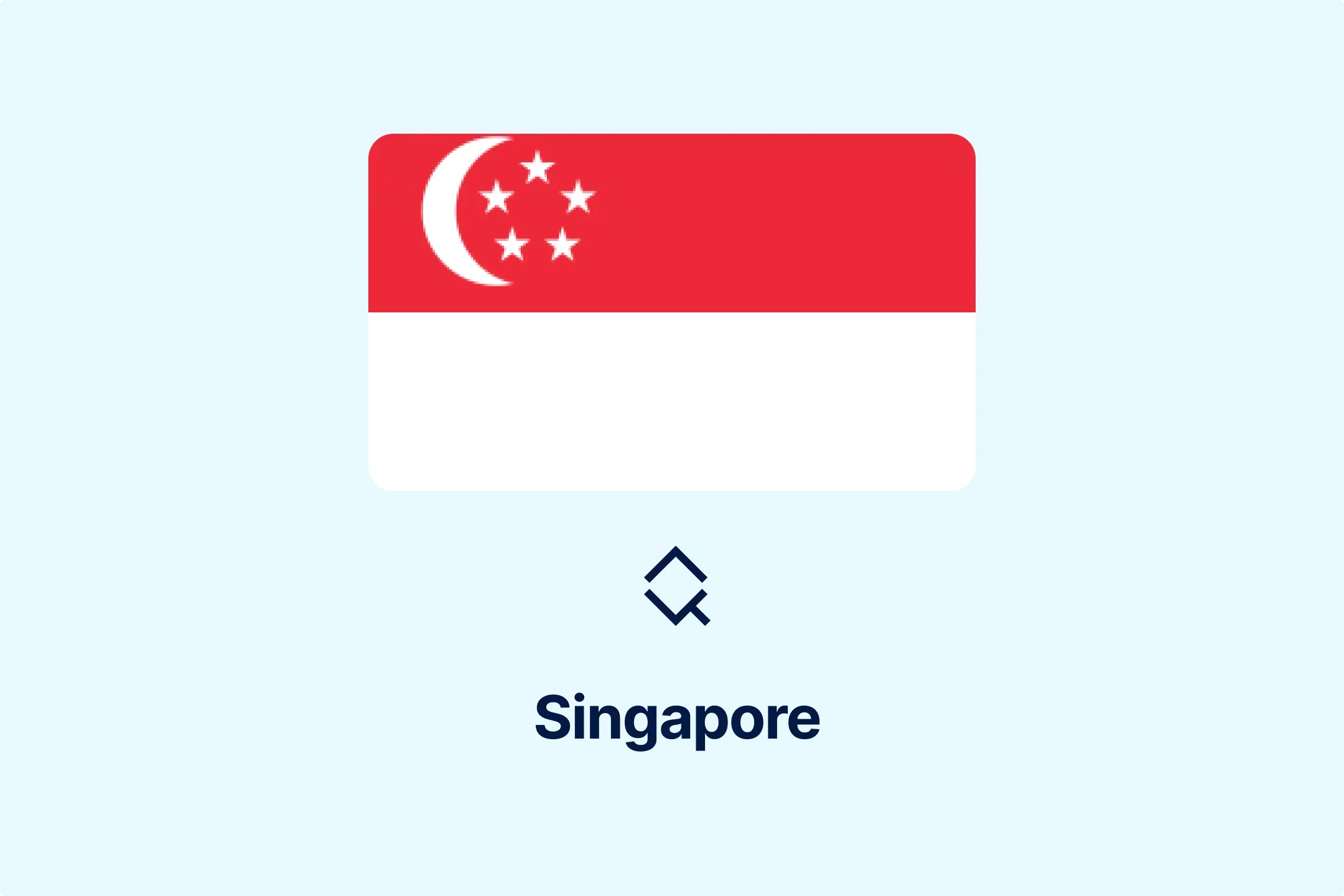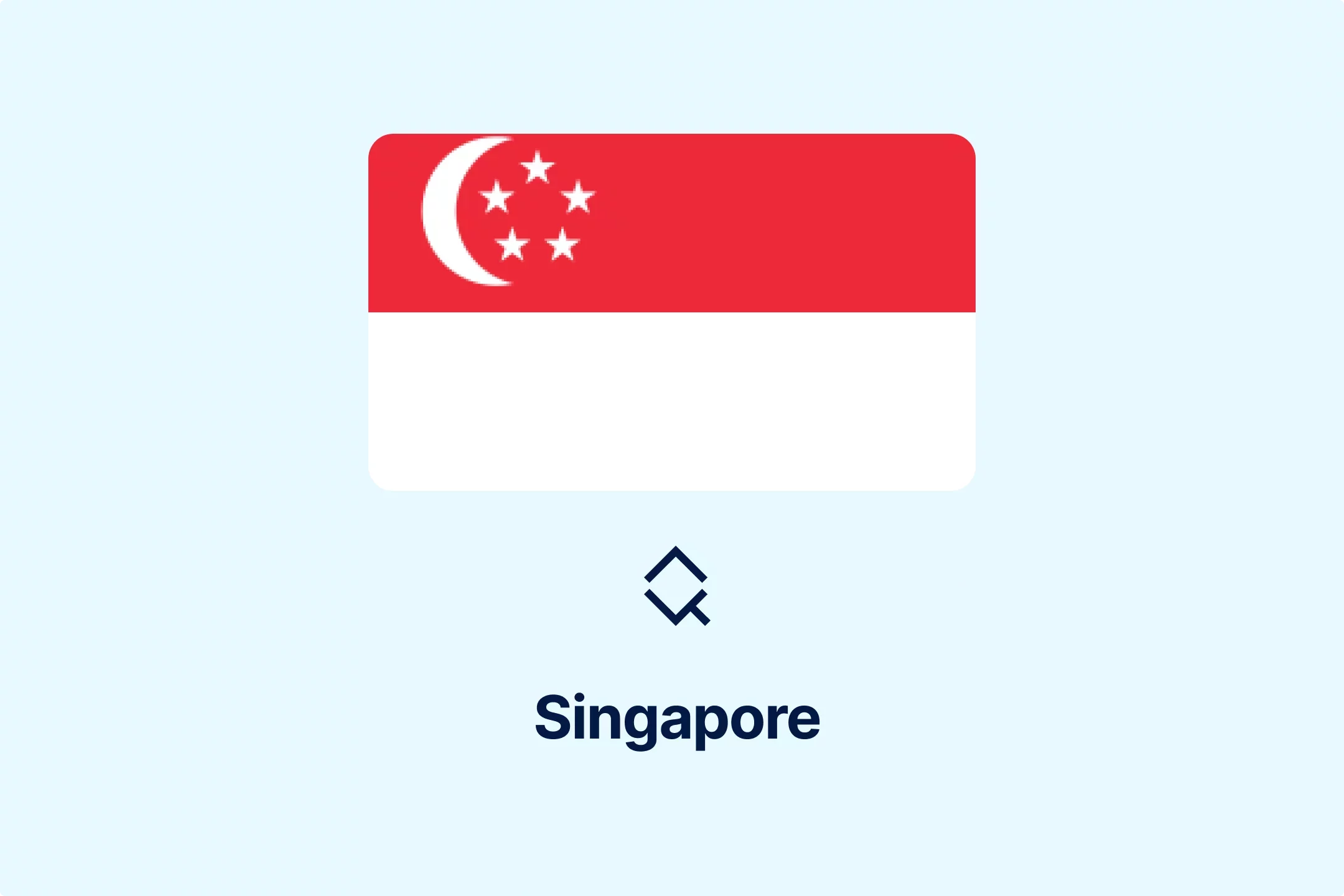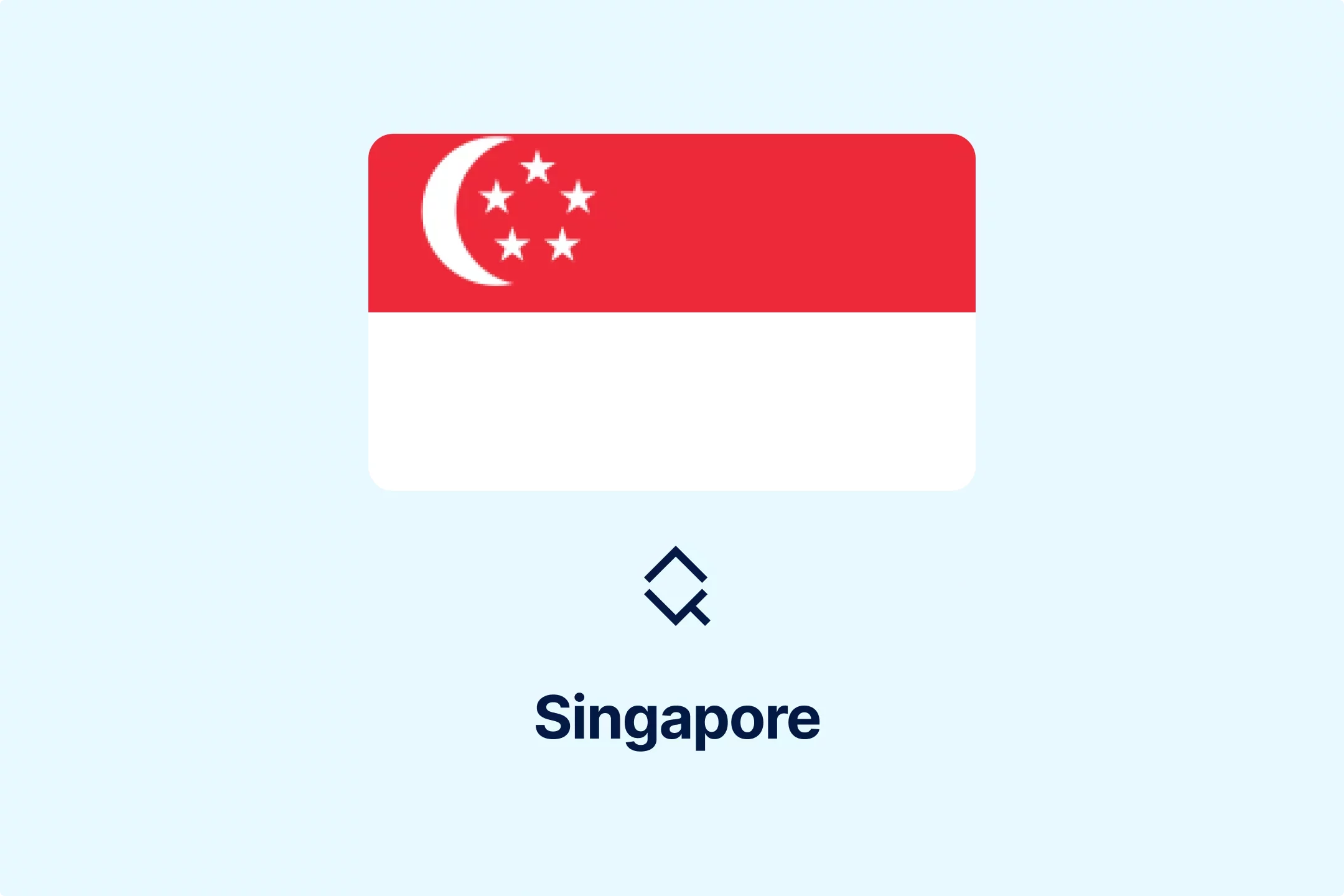Singapore GST InvoiceNow E-invoicing: Implementation Timeline and Key Dates

The Singapore Inland Revenue Authority announced a soft launch of nationwide e-invoicing for all GST-registered businesses under the GST InvoiceNow Requirement. This means GST-registered companies can voluntarily comply with e-invoicing rules before they become mandatory.
At this stage, there is no information on when the e-invoicing system will become mandatory. However, the IRA provided a timeline for making the system available for voluntary adoption for different groups of taxable persons.
The Implementation Timeline
From May 1, 2025, all existing GST-registered businesses can voluntarily transmit invoice data to the Inland Revenue Authority (IRA) using the InvoiceNow system. Starting from November 1, 2025, all newly incorporated and GST-registered companies may voluntarily begin to use the InvoiceNow system, and from April 1, 2026, the system will be available for all new, voluntarily GST-registered companies.
The IRA announced that it would further monitor the results of the implemented e-invoicing system and consult industry partners and leaders before announcing any details on the mandatory application of e-invoicing rules.
Transactions required to be transmitted to the IRS are standard-rated and zero-rated supplies and standard-rated purchases on which input tax claims are made or will be made, excluding reverse-charged transactions.
Foreign entities, including vendors registered under the Overseas Vendor Registration regime and businesses registered under the reverse-charge regime, will be exempt from the GST InvoiceNow system.
The IRA highlights several benefits for businesses, including eliminating manual work for sending, receiving, and recording invoices, reducing errors and costs, and increasing data accuracy and processing.
Conclusion
Although the implementation of the e-invocing system will be gradual and first voluntarily, it is inevitable that at one point, the IRS will move towards mandatory e-invocing and subject all GST-registered businesses to these rules. Therefore, all companies should prepare on time to meet InvoiceNow requirements and find reliable e-invoicing solutions, making the transition smoother and less challenging.
Source: Inland Revenue Authority of Singapore

Featured Insights

Burkina Faso FEC E-Invoicing Mandatory July 2026
🕝 February 24, 2026More News from Singapore
Get real-time updates and developments from around the world, keeping you informed and prepared.
-e9lcpxl5nq.webp)









